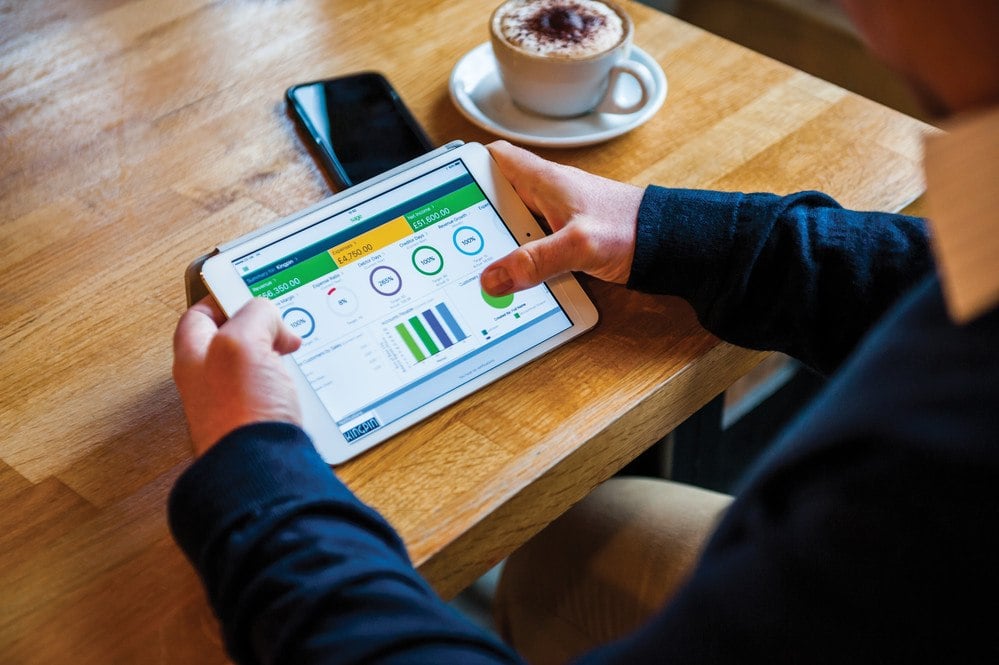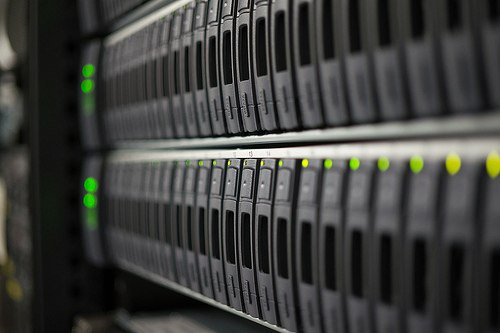Money Matters
Is cloud accounting right for your business?

Do you already use an accounting software package? If so you should be already experiencing the benefits of being able to produce real time management reports (subject to your data being input promptly).
Perhaps you already file your VAT returns automatically from your software and even download your bank statements directly into your accounting package? With such amazing functions already from your desktop software or possibly networked software, what else could you possibly get from cloud accounting software?
Risks of traditional accounting software – the laptop disaster
This is an issue that we often see first-hand. A client may run their accounting package on a single laptop or PC. They may have been using this computer for a couple of years now and all seems great. Then one of the following happens:
- A computer virus makes their laptop unusable.
- Their laptop is stolen.
- The software isn’t updated to the latest version, or something goes wrong with it and it is not supported.
- The computer dies.

Whilst not all of the above disasters are irreparable, they can cause delays in keeping your accounting and therefore management reports up to date. In worst case scenario, you lose multiple years of data and have to start again.
Cloud accounting effectively eradicates all the above scenarios. You aren’t dependent upon making sure your bookkeeper backs up your data regularly, or ensuring that you have multiple disaster recovery strategies to prevent loss of data.
- Your data is stored directly by your software provider.
- Software is always the latest version.
- Accessibility from any laptop or PC or smart ‘phone.
What to consider when choosing your cloud accounting solution
It is a good idea to put together some questions when assessing which cloud accounting solution is most appropriate for your business. Below are some suggestions that you may wish to ask:
- Can you import data from your previous accounting system? Most will enable some sort of csv/text file import, so that you don’t have to recreate hundreds of customers and suppliers.
- What training is provided? Many have online training via webinars, some will even provide training directly or offer training courses via your accountancy practice.
- What support is available? Many provide 24 hour support, 7 days a week.
- How well are the support staff trained? A good measure of this is how many Level 1 calls solve the problem. This indicates how experienced and well trained the support staff are. Badly trained support staff can put us off a software package completely.
- Can you test the software before committing to it? You want to test its usability, functionality and look & feel.
- Will you be able to link it to your other systems directly? E.g. CRM packages, web shopping packages, specialist invoicing package.
- What disaster recovery system does the software company have in place?
- What levels of security are there?
What are the downsides?
There are a few downsides to cloud accounting that we’ve seen first-hand with our clients
- You’re reliant upon internet access to use the software
- You have to trust that the company that provides the software doesn’t close down
- You can’t prevent the software upgrading automatically, which lead to confusing changes in how the it looks and feels
Why your accountant will love you if you move to a cloud accounting system:
- It doesn’t have to rely upon you sending over bulky backups
- You accountant can access your system remotely
- And can regularly check your data and support you at any time of the year
- With the time saved, they can spend more time with you to help you grow your business.






Ask the author a question or share your advice